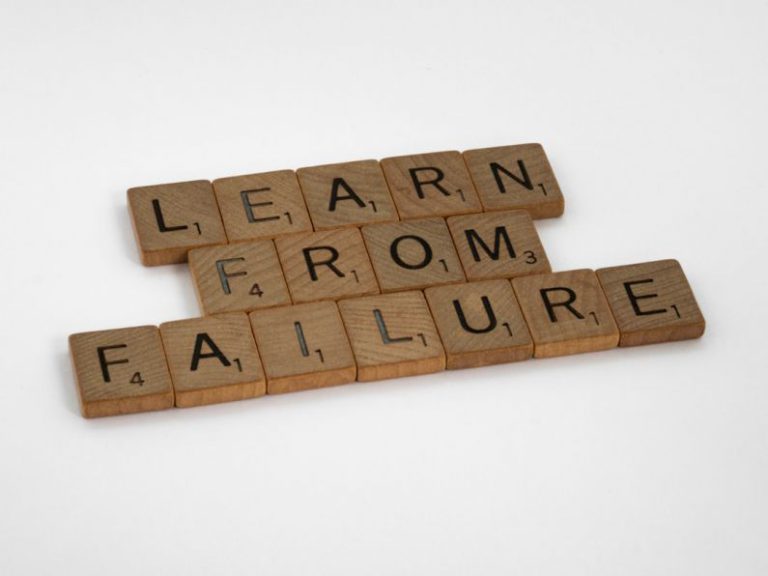
Purchasing a foreclosed home can be an enticing opportunity for those looking to snag a property at a potentially lower price point. However, this seemingly advantageous deal comes with its fair share of risks and pitfalls that prospective buyers should be aware of before diving into the process. While the allure of a bargain may be alluring, it’s crucial to understand the potential downsides that could arise when purchasing a foreclosed property.
Hidden Costs and Repairs
One of the major risks associated with buying a foreclosed home is the potential for hidden costs and necessary repairs. Foreclosed homes are often sold in “as-is” condition, meaning the previous owners may have neglected maintenance and repairs due to financial distress. As a result, buyers could find themselves facing unexpected expenses to make the property livable or up to code. From structural issues to plumbing or electrical problems, the costs of renovating a foreclosed property can quickly add up, diminishing any initial savings gained from purchasing the home at a reduced price.
Title Issues and Liens
Another risk to consider when buying a foreclosed home is the possibility of title issues or outstanding liens on the property. Due to the nature of foreclosure proceedings, there could be unresolved legal matters tied to the home that may not be immediately apparent to the buyer. These issues can range from unpaid property taxes to existing liens placed on the property by creditors or contractors. Failing to conduct a thorough title search could result in the buyer inheriting these financial obligations, leading to potential legal battles and financial liabilities down the line.
Competitive Bidding and Financing Challenges
In a competitive real estate market, purchasing a foreclosed home through an auction or bank-owned sale can present unique challenges for buyers. Bidding wars and cash-only requirements are common occurrences in the foreclosure market, making it difficult for average homebuyers to secure a deal on a desirable property. Additionally, obtaining financing for a foreclosed home may be more complex than a traditional home purchase, as lenders may require additional documentation or impose stricter loan terms due to the property’s condition or uncertain title status.
Lack of Disclosure and Inspection Opportunities
When buying a foreclosed home, buyers may face limited opportunities for property inspections or disclosures from the seller. Since the bank or financial institution selling the property may have limited knowledge of its history or condition, buyers could be left in the dark about potential issues that could impact their decision to purchase. Without the ability to conduct a comprehensive inspection or receive full disclosure on the property’s condition, buyers may unknowingly inherit costly problems that could have been avoided with proper due diligence.
Higher Risk of Investment Loss
Lastly, purchasing a foreclosed home carries a higher risk of investment loss compared to buying a traditional property. The uncertainty surrounding the property’s condition, title status, and market value can make it challenging to accurately assess the potential return on investment. While some buyers may view foreclosed homes as an opportunity to flip or renovate for profit, the inherent risks involved in these transactions could result in financial losses if unforeseen complications arise during the purchasing process or after taking ownership of the property.
Navigating the Risks of Buying a Foreclosed Home
In conclusion, while buying a foreclosed home can present an appealing opportunity to acquire a property at a discounted price, it is essential for buyers to be aware of the inherent risks and challenges associated with these transactions. From hidden costs and repairs to title issues and financing hurdles, purchasing a foreclosed property requires careful consideration and thorough due diligence to mitigate potential risks and ensure a successful investment. By understanding the complexities of the foreclosure market and seeking professional guidance when needed, buyers can navigate these risks and make informed decisions when considering a foreclosed property as their next real estate venture.





